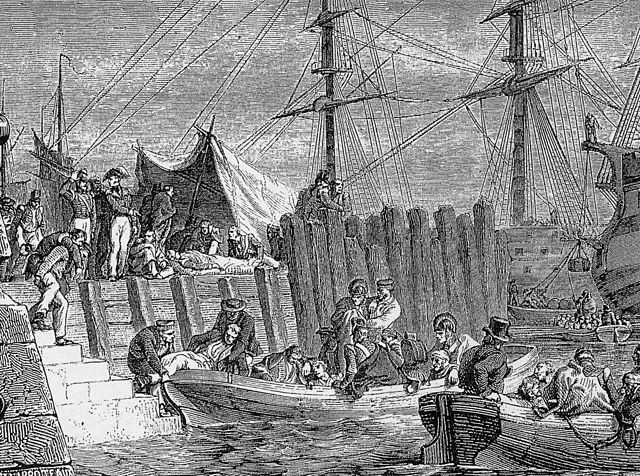The Hanover Expedition, also known as the Weser Expedition, was a British invasion of the Electorate of Hanover during the Napoleonic Wars. Coordinated as part of an attack on France by the nations of the Third Coalition against Napoleon by William Pitt the Younger and Robert Stewart, Viscount Castlereagh, planning began for an invasion of French territories in July 1805. Hanover, previously a British possession, was chosen as the goal of the expedition, with Swedish and Russian forces under Gustav IV Adolf and Alexander Ivanovich Ostermann-Tolstoy brought in to support the endeavour. Key to the success of the invasion was the support of Prussia, a nation poised to threaten France but not as yet openly hostile to the country. Sir George Don commanded the British expedition and he arrived with an army of around 14,000 men at Cuxhaven in November. To bolster the expedition and to strengthen the resolve of Prussia, Don's army was reinforced by 12,000, with Lord Cathcart taking over command.

Friedrich von der Decken, planner of the initial expedition in November 1805
Lord Cathcart, commander of the expanded expedition
Scene from the evacuation of the Walcheren Expedition, initiated in similar form to the Hanover Expedition
The Electorate of Hanover was an electorate of the Holy Roman Empire, located in northwestern Germany and taking its name from the capital city of Hanover. It was formally known as the Electorate of Brunswick-Lüneburg. For most of its existence, the electorate was ruled in personal union with Great Britain and Ireland following the Hanoverian Succession.
Image: King George I by Sir Godfrey Kneller, Bt (2)
Image: George II of Great Britain 1730 50
Image: George III of the United Kingdom






